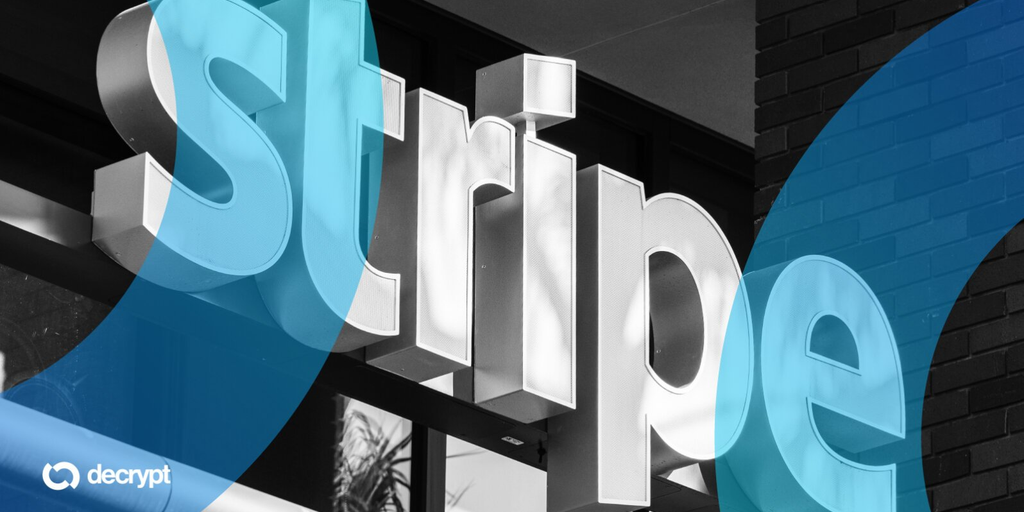Stripe, a private financial technology firm valued at $91.5 billion, is reportedly developing a payments-focused Layer 1 blockchain called Tempo with Paradigm, a crypto and research-driven venture capital firm.
Said to be in stealth, the project was discovered in a product marketing job listing on the Blockchain Association’s careers board that described Tempo as a “high-performance, payments-focused blockchain.”
The post was taken down after Fortune reached out to Stripe to confirm its report. Decrypt has also reached out to Stripe and Paradigm to confirm details.
The reported blockchain buildout follows Stripe’s bolstering of its crypto stack over the past year.
In October, Stripe announced the $1.1 billion purchase of stablecoin infrastructure firm Bridge, to provide rails for integrating and issuing stablecoins in its largest acquisition to date.
While that deal was completed in February, the company followed up in June, buying digital assets wallet developer Privy for an undisclosed sum.
Once built, a dedicated chain through Tempo would extend Stripe’s control of the settlement layer that processes transactions.
Payment-focused blockchains “face predictability issues around throughput and costs when enterprise volumes spike,” Ryan Yoon, senior analyst at Tiger Research, told Decrypt.
“Tempo could offer deterministic settlement times and fixed fee structures specifically for high-volume payment processing, though whether this meaningfully differentiates from existing high-performance chains remains unclear,” Yoon said.
Stripe’s control over blockchain infrastructure also “eliminates dependency risk,” Yoon said. “When a payment fails due to network congestion or validator issues, customers blame Stripe, not Ethereum or Polygon.”
A proprietary Layer-1 would help Stripe gain “direct control over uptime, throughput, and fee predictability,” he added.
If it comes to fruition, other observers say Tempo’s value will hinge on closing persistent user experience and privacy gaps in on-chain payments.
“There’s no balance blinding and no PayPal-like functionality that preserves privacy while staying decentralized,” Mehow Pospieszalski, CEO of wallet infrastructure platform American Fortress, told Decrypt.
Balance blinding refers to when a chain “works like Ethereum or Bitcoin, but hides the source balances from a recipient of funds,” Pospieszalski explained. “Combine that with dynamic address generation tied to plain-English names, and you’ve got a familiar but privacy-first experience.”
Others point to merchant distribution as the real gap.
“Most blockchains have either the throughput or the decentralization, rarely both, but almost none have embedded merchant distribution at the scale Stripe does,” Dan Dadybayo, research and strategy lead at Unstoppable Wallet, told Decrypt.
The “real differentiator,” Dadybayo argues, would be if Stripe “makes this infrastructure open enough for other payment providers to build on, rather than keeping it as a proprietary channel.”
Your Email







